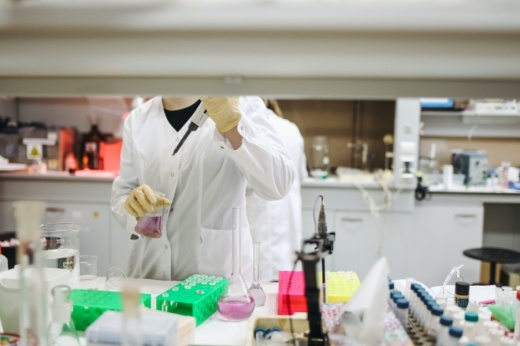“This is an important next step in determining the safety and efficacy of the vaccine in a diverse group of persons of different ages, background and exposures,” said Dr. Hana El Sahly—an associate professor of molecular virology and microbiology and medicine at Baylor who serves as a national co-principal investigator of the trial—in the release.
The Vaccine and Treatment Evaluation Unit is part of the National Institutes of Health’s newly established COVID-19 Prevention Network, which was formed by the National Institute of Allergy and Infectious Diseases to respond to the global pandemic and enroll thousands of volunteers to conduct Phase 3 efficacy trials for COVID-19 vaccines and monoclonal antibodies.
The network is a part of “Operation Warp Speed,” a partnership led by the U.S. Department of Health and Human Services to invest in and coordinate the development, manufacturing and distribution of COVID-19 diagnostics, therapeutics and vaccines.
Volunteers will be given two doses, separated by one month, of either the vaccine or a placebo. Every week, researchers will follow volunteers to determine whether the vaccine is preventing the spread COVID-19. Should volunteers experience symptoms, they will be tested as part of the trail.
If the vaccine is successful in preventing the spread of the disease, the next step for researcherswill be to share the information with regulatory authorities, who will then weigh in on approving the vaccine for use.





